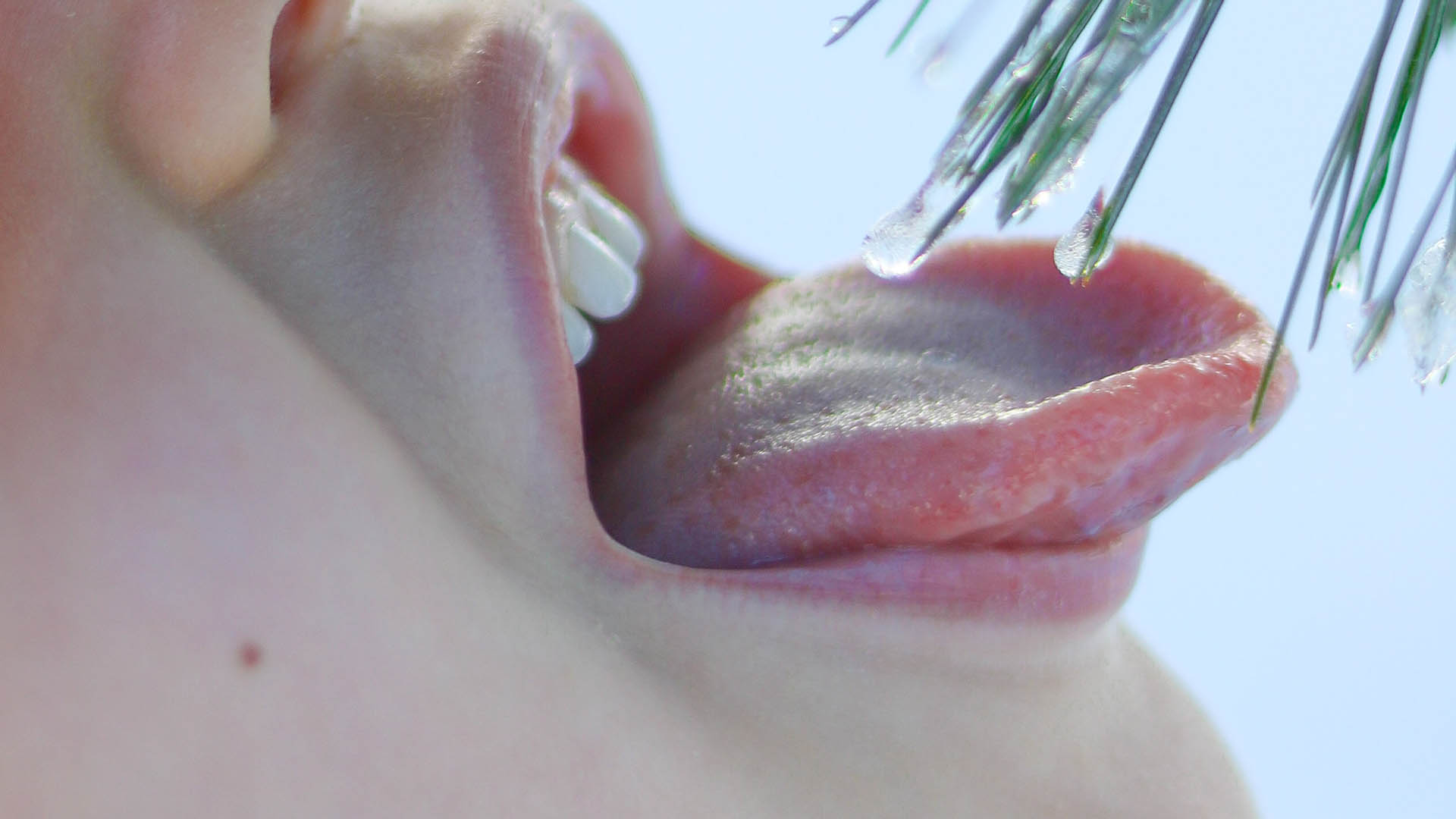Our diet plays a vital role in keeping our body healthy, including our teeth and gums. The food we eat affects the composition of our saliva and the pH level in our mouth, which can either support or harm oral health. In this article, we will discuss how diet impacts oral health and provide some tips on how to maintain good oral health through a healthy diet..
The Role of Saliva

Saliva is a crucial component in maintaining good oral health. It helps to wash away food particles and neutralize acid that can harm our teeth and gums. Our diet plays a crucial role in the composition of our saliva. For example, eating foods high in sugar and carbohydrates can increase the production of acid in our mouth, which can erode tooth enamel and lead to cavities. Eating foods high in fiber, such as fruits and vegetables, can help stimulate the production of saliva and neutralize acid in our mouth.
The pH Level in Our Mouth
The pH level in our mouth is another critical factor in maintaining good oral health. The pH level is a measure of acidity, with a pH of 7 being neutral. Our mouth’s natural pH level is slightly acidic, around 5.5 to 7.5, which is necessary for the digestion of food. However, when the pH level drops below 5.5, it can cause demineralization of tooth enamel and lead to tooth decay.
Foods that are high in sugar and carbohydrates can lower the pH level in our mouth, making it more acidic. On the other hand, eating foods that are high in calcium and phosphate, such as milk and cheese, can help neutralize the acid and increase the pH level in our mouth. Eating foods high in fiber, such as fruits and vegetables, can also help raise the pH level in our mouth.
Impact of Specific Foods on Oral Health
While a healthy and balanced diet is essential for maintaining good oral health, some specific foods can have a more significant impact than others. Here are some examples:
- Sugar: Consuming too much sugar can increase the production of acid in our mouth, leading to tooth decay. Sugary drinks, such as soda and sports drinks, are especially harmful to oral health.
- Acidic Foods: Foods that are high in acid, such as citrus fruits and tomatoes, can erode tooth enamel and lead to tooth decay.
- Starchy Foods: Starchy foods, such as potato chips and bread, can get stuck in between teeth and lead to plaque build-up.
- Fruits and Vegetables: Fruits and vegetables that are high in fiber, such as apples and carrots, can help stimulate the production of saliva, neutralize the acid in our mouth, and help scrub away plaque.
- Calcium and Phosphate-rich Foods: Foods that are high in calcium and phosphate, such as milk and cheese, can help neutralize acid and remineralize tooth enamel.
Tips for Maintaining Good Oral Health Through Diet
Here are some tips for maintaining good oral health through a healthy diet:
- Limit Sugar and Acidic Foods: Limit your intake of sugary and acidic foods, such as soda, candy, and citrus fruits.
- Eat Calcium and Phosphate-rich Foods: Incorporate calcium and phosphate-rich foods into your diet, such as milk, cheese, and leafy green vegetables.
- Chew Sugarless Gum: Chewing sugarless gum can help stimulate the production of saliva, which can help neutralize acid in our mouth and wash away food particles.
- Drink Plenty of Water: Drinking plenty of water can help wash away food particles and keep our mouth hydrated.
Summary:- This article discusses how our diet plays a crucial role in maintaining good oral health. It explains how the composition of our saliva and the pH level in our mouth are affected by the food we eat and how it can either support or harm our oral health. The article provides specific examples of foods that can impact our oral health, such as sugar, acidic foods, starchy foods, fruits and vegetables, and calcium and phosphate-rich foods. It also gives tips for maintaining good oral health through a healthy diet, such as limiting sugar and acidic foods, incorporating calcium and phosphate-rich foods, chewing sugarless gum, drinking plenty of water, and eating a balanced diet. Overall, the article emphasizes the importance of a healthy and balanced diet in maintaining good oral health.


